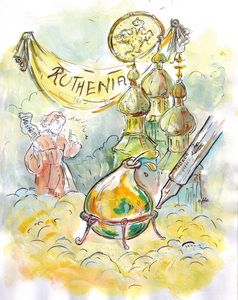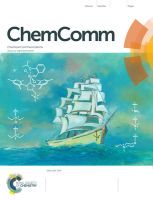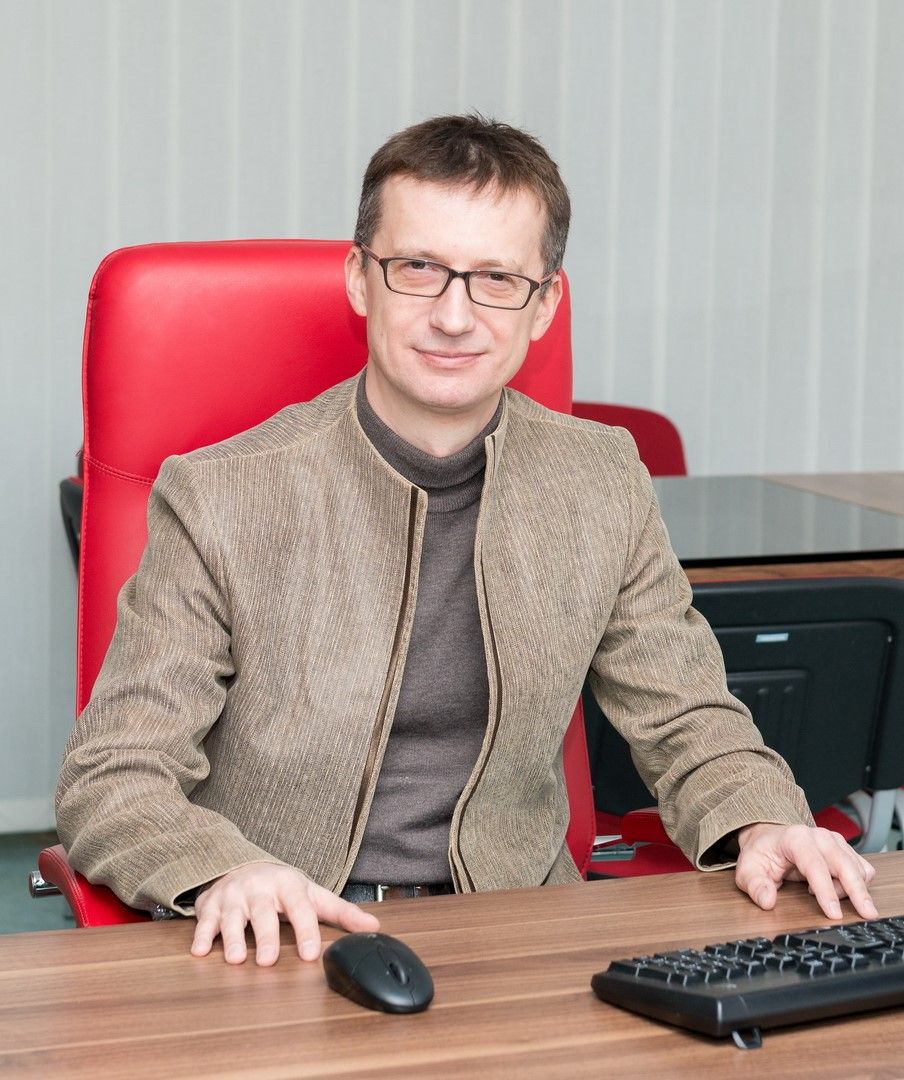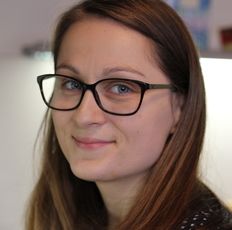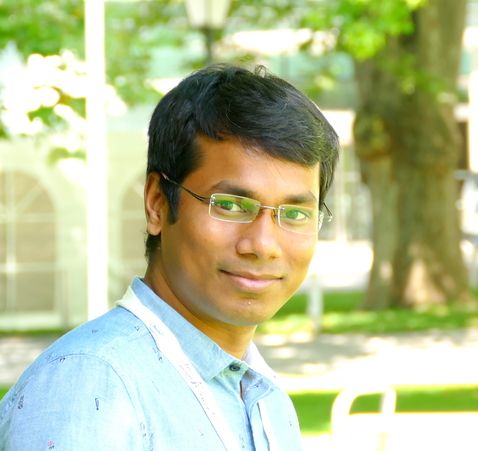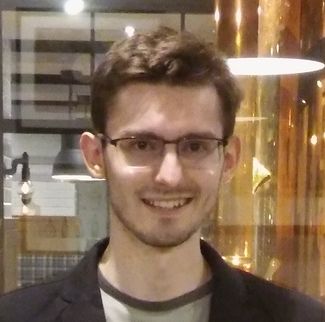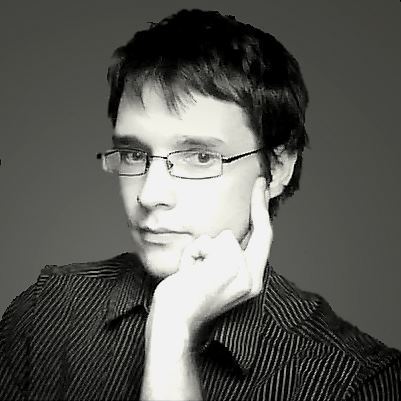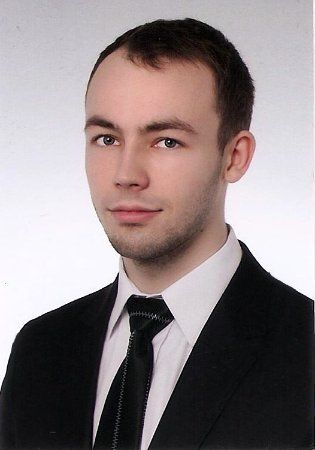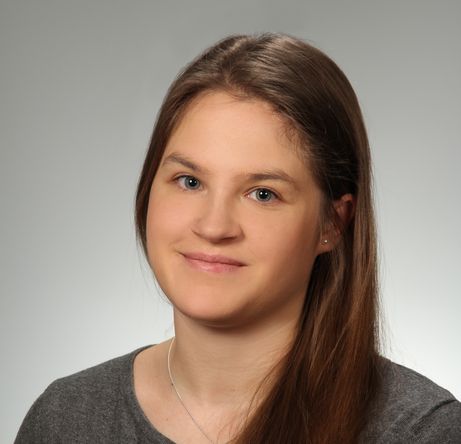A most recent update Team Tech News 2022
Our team presented new results at 50. Symposium on Catalysis in Prague, Czech Republic on 5-6 November 2018.
Michał Patrzałek visited prof. Hynek Balcař's laboratory in Prague, Czech Republic for a two week long internship in November 2018.
Karol Grela and Anna Kajetanowicz are organizers of BEILSTEIN ORGANIC CHEMISTRY SYMPOSIUM 2017 entitled “TOMORROW'S CATALYSIS FOR RESEARCH AND INDUSTRY”. The symposium will take place at avendi Hotel am Griebnitzsee, Potsdam, Germany form 24 to 26 October 2017. For more information please visit the website https://www.beilstein-institut.de/en/symposia/org-catalysis
New PostDoc was selected. Artur, welcome in the group!
Our first paper was highlighted by RSC with a prestigious front cover. See: our Publications List for more details.
New PostDoc (ENG, PL) positions are available in Grela's group from the FNP TEAM-TECH programme. The Applicants must complete and submit the Application Form (PDF, DOC) and ask their former supervisors for submission of Recommendation Letters (PDF, DOC). For more information on the formal requirements see Application Form and documents available at FNP site [PL version]. For information on the responsibilities of PostDoc check here. Deadline for applications is 31.08.2017. Please apply!
New students were selected. Ola, Agnieszka, Paweł, welcome in the group!
New four student (ENG, PL) positions are available in Grela's group from the FNP TEAM-TECH programme.
New PostDoc was selected. Anupam, welcome in the group!
New PhD students were selected. Ania, Wojtek, Mariusz, Michał, welcome in the group!
18-11-2016 New PostDoc (ENG, PL) positions are available in Grela's group from the FNP TEAM-TECH programme. The Applicants must complete and submit the Application Form (PDF, DOC) and ask their former supervisors for submission of Recommendation Letters (PDF, DOC). For more information on the formal requirements see Application Form and documents available at FNP site [PL version]. Deadline for applications is 18.12.2016. Please apply!
New four PhD student (ENG, PL) positions are available in Grela's group from the FNP TEAM-TECH programme. The Applicants must complete and submit the Application Form (PDF, DOC) and ask their former supervisors for submission of Recommendation Letters (PDF, DOC). For more information on the formal requirements see Application Form and documents available at FNP site [PL version]. Deadline for applications is 18.12.2016. Please apply!

